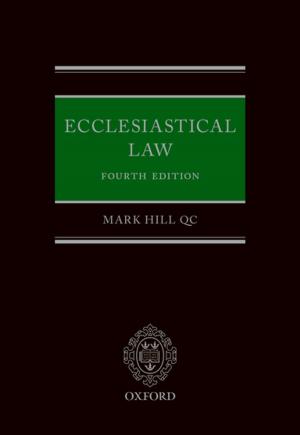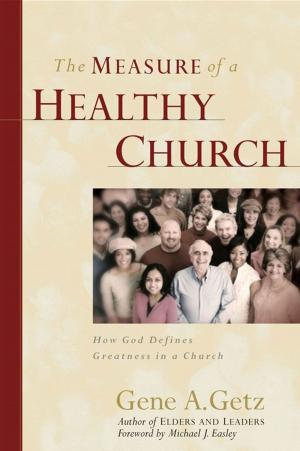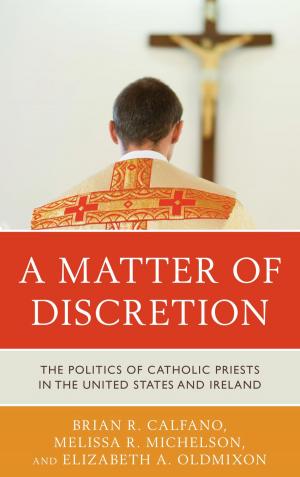The Top 100 Most Influential Christians of All Time Volume 1: From the Beginning to the Fifteenth Century
Nonfiction, Religion & Spirituality, Theology, Christianity, Church| Author: | William H. Stephens | ISBN: | 9780986341243 |
| Publisher: | William H. Stephens | Publication: | January 2, 2015 |
| Imprint: | Smashwords Edition | Language: | English |
| Author: | William H. Stephens |
| ISBN: | 9780986341243 |
| Publisher: | William H. Stephens |
| Publication: | January 2, 2015 |
| Imprint: | Smashwords Edition |
| Language: | English |
The ink was hot with frustration as Tertullian protested against using Greek philosophy to explain Christianity. "What has Athens to do with Jerusalem?" he asked. Origen' answer was answered that every bit of knowledge known to the world should be used in Christ's service. You can feel the Church's anchor dragging along the seabed as good Christians struggled with how to answer serious challenges to the teachings of Jesus Christ. Challenges like Gnosticism, which claimed Judas was Jesus' favorite disciple and gave him special teachings to hand down, teachings he gave to no one else. Then there was the distortion of sex. Sex is bad, they said, the root of all sin. Origen castrated himself. Benedict of Nursia rolled around in a bed of thorns and nettles to rid himself of sexual fantasies. Since sex is bad, Mary must never have had intercourse. The Church decreed that she was a perpetual virgin. Some of these top 100 were opportunists who used controversy to further their own goals. Most were heroes, some like Ephrem the Syrian, unknown in the West but the one who taught the church to sing. How much has Christianity changed since Jesus' day? How much do the churches reflect and proclaim the truths Jesus actually lived and taught? Which Church is closest to the truths of the New Testament? Can Jesus' true teachings be reclaimed? How did the changes come about? The lives of one hundred men and women who most influenced Christianity give answers. Their stories are arranged chronologically so the changes can be traced through the centuries.
The ink was hot with frustration as Tertullian protested against using Greek philosophy to explain Christianity. "What has Athens to do with Jerusalem?" he asked. Origen' answer was answered that every bit of knowledge known to the world should be used in Christ's service. You can feel the Church's anchor dragging along the seabed as good Christians struggled with how to answer serious challenges to the teachings of Jesus Christ. Challenges like Gnosticism, which claimed Judas was Jesus' favorite disciple and gave him special teachings to hand down, teachings he gave to no one else. Then there was the distortion of sex. Sex is bad, they said, the root of all sin. Origen castrated himself. Benedict of Nursia rolled around in a bed of thorns and nettles to rid himself of sexual fantasies. Since sex is bad, Mary must never have had intercourse. The Church decreed that she was a perpetual virgin. Some of these top 100 were opportunists who used controversy to further their own goals. Most were heroes, some like Ephrem the Syrian, unknown in the West but the one who taught the church to sing. How much has Christianity changed since Jesus' day? How much do the churches reflect and proclaim the truths Jesus actually lived and taught? Which Church is closest to the truths of the New Testament? Can Jesus' true teachings be reclaimed? How did the changes come about? The lives of one hundred men and women who most influenced Christianity give answers. Their stories are arranged chronologically so the changes can be traced through the centuries.















